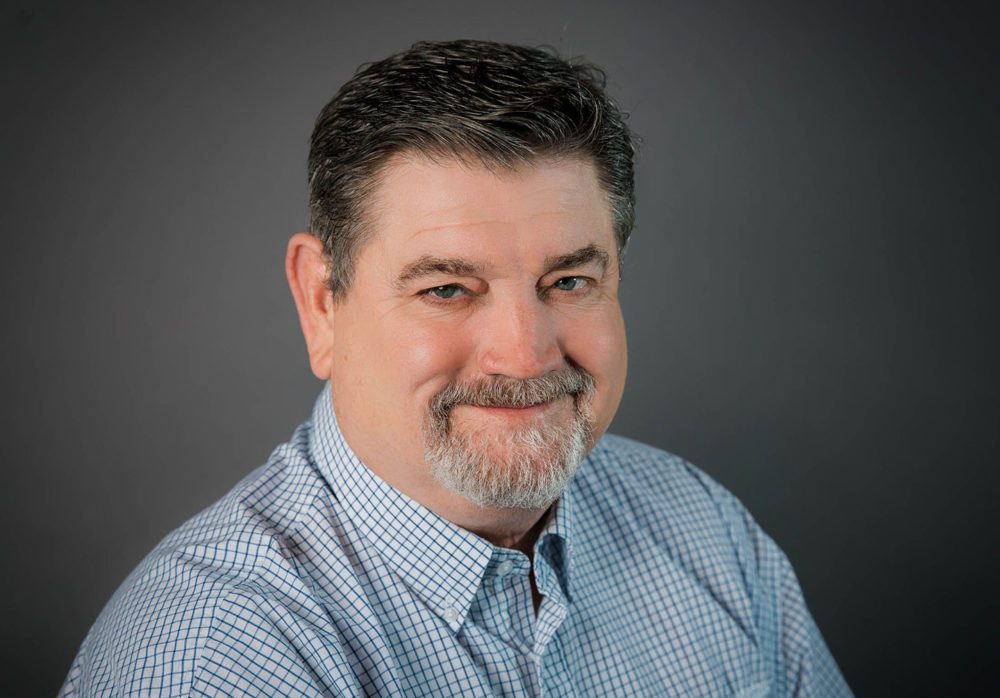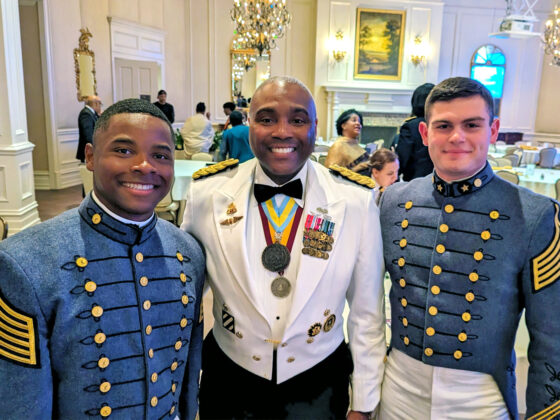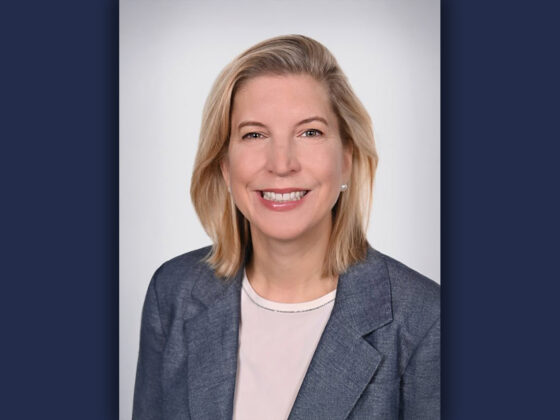Bob Alvarez (TEP ’19), President & Chief Operations Officer at Shapiro Metals, attended Darden Executive Education & Lifelong Learning’s The Executive Program (TEP) in 2019 after it had been highly recommended by a previous TEP participant. Since joining Shapiro Metals in 2015, Bob has held multiple leadership positions and has always been a strong believer in lifelong learning and continuing education.
Bob spoke with us to share his TEP experience and the program’s ongoing impact. Not only has it shaped how they do business as Shapiro Metals continues to grow, but it also helped them navigate through the COVID crisis.
How did you hear about TEP?
There was a Board of Advisors member at our company who had high regard for an individual over at Enterprise Bank who had participated in TEP as part of his development for succession into leadership of that bank. Our member admired what he accomplished, and so he recommended TEP for me. I attended as a part of the 2019 cohort.
What were you hoping to get out of your experience?
The University of Virginia and Darden School of Business are known for their high caliber of education and students, so coming into TEP I felt a bit intimidated. Was I going to be able to add any value? I was very humble in how I approached the program and went in with the goal to take advantage of the spectacular opportunity and get everything out of it that I possibly could.
What led you to choose the program?
Although it wasn’t my idea to go, I’ve always been a learner. Usually, I’ve taught myself through books or webinars. I always want to continue to grow and develop, so when the opportunity to attend TEP presented itself, it dovetailed with that aspect of my personality. It’s a robust program that extended beyond professional development, incorporating a great deal of personal development.
Was there anything about the program that surprised you or stood out?
The entire program was exceptionally well done, and I loved that it incorporated the mind and body as well. I was fascinated by the use of case studies. It’s an interesting storytelling mechanism with so much learning built into it. Even though I’ve been in business, my entire career was in science, so it was great to get my first experience with real, live facilitated case study work with the faculty experts. They were masters at it. They extricated all the nuances of the case, and then they would link that to strategy, marketing, finance, etc. My notebooks are still in my desk drawer and I probably refer to them at least once a week.
I also think I’d be remiss if I didn’t say that part of it was also a validation – validation of some of the things that our smaller company’s been thinking about. Whether it’s artificial intelligence, blockchain, machine learning or sustainability, the program taught about linking that to strategy and how to execute that strategy.
Are there any other insights you still use from the program today?
While I was in the program, the mindfulness/wellness component was a little far out for me. Not because I don’t see the value in it, I had just never done any of it before. It didn’t fully click for me while I was at TEP. I remember we were instructed on how to do this breathing exercise, which at the time I thought was bizarre. However, I find myself using it all the time now to just refresh my brain and relax.
Were there any insights from TEP that helped you with a challenge you were facing?
I wouldn’t say there was just one thing. With the transformation that our company has been undertaking, everything I learned along the way at TEP – the discussion on blockchain that Elena led, or the marketing exercises that Kim led or the strategy sessions that Venkat and Doug led – was applicable to what we were doing, where we were, and when we were doing it; and has been utilized since I’ve been back.
My new insights were also incorporated into how our company responded to COVID. We were able to be agile and respond during a time of crisis. TEP empowers you to learn to respond instead of reacting. I am not kidding when I say that it wasn’t one thing. All of it integrated in an important way, which is the reality of business. Business is an integrated system that must work really well together to get to your vision. And that’s what TEP was, too.
Any other examples of how you’ve been able to continue to build yourself and your organization from what you brought back from TEP?
Absolutely. I would say that we use insights from Kim’s marketing lessons in how we’re thinking about our products and branding. As we introduce new products, I think often about Venkat and Greg, and their strategy sessions on trade offs and where value is created. The analytics I learned about helped to enhance our Financial Planning & Analysis department. It also encouraged me to bring in some outside expertise into our team. I didn’t have to hire help – I could rent it. We’ve brought in experts around artificial intelligence and analytics, and the dividends have been significant. I give TEP a great deal of credit for the activities we’re pursuing now and how we’re doing them.
Anything else you’d like to share with someone considering TEP?
I think the cohorts are very important. They’re extremely diverse and that, in and of itself, significantly enhances the experience. Also, the access to the professors outside the classroom enhanced the program and my experience.
Learn more about The Executive Program: Strategic Leadership at the Top and how it may help you reach your career or organizational goals.





